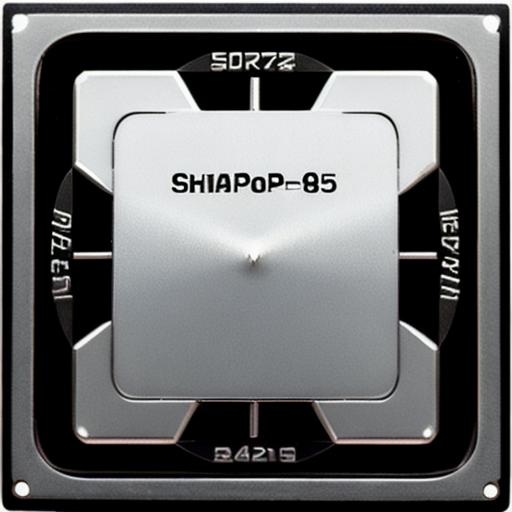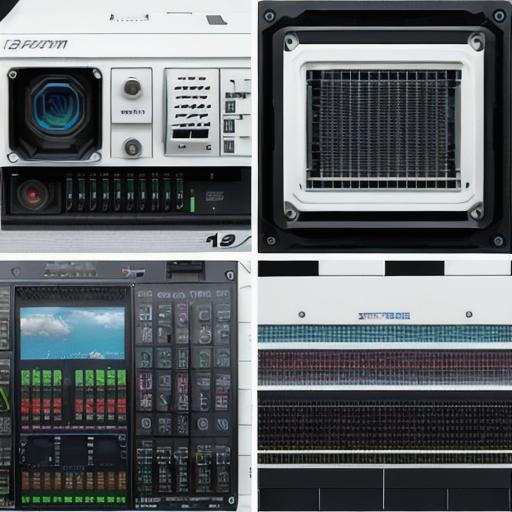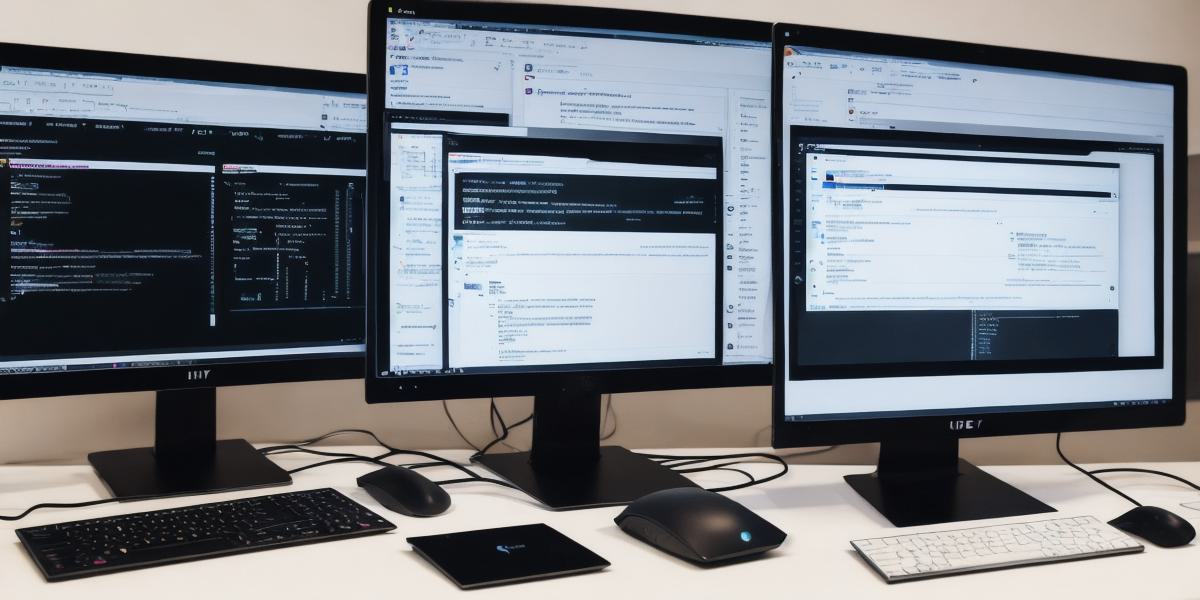When it comes to creating immersive web experiences, Unity – a versatile cross-platform game engine – has gained immense popularity among developers. However, before diving into Unity’s rich features and functionalities, it is essential to ensure your development environment meets the minimum system requirements. In this response, we will outline the key components and recommendations for setting up an effective Unity development station tailored for web projects.
1. Operating System: Unity supports various operating systems including Windows 7 and newer versions, macOS X 10.9 and later, and Linux. Ensure that your system has enough processing power and memory to run the engine smoothly.
2. Processor: A multi-core processor with a clock speed of at least 2.5 GHz is recommended for Unity development. Keep in mind that more cores will generally provide better performance for complex simulations or large projects.
3. Memory: Unity recommends having at least 8 GB RAM to accommodate the editor, project assets, and other running applications efficiently. Increasing the amount of memory available can help reduce the frequency of out-of-memory errors and enhance overall development experience.
4. Graphics Processing Unit (GPU): A dedicated GPU with OpenGL 3.3 or Shader Model 5.0 support is necessary for Unity’s advanced rendering capabilities and real-time physics simulations. Ensure that your graphics card driver is up-to-date to maintain optimal performance.

5. Storage: Plan for sufficient storage space – ideally, at least 100 GB or more – as large Unity projects can consume a significant amount of disk space due to high-resolution textures, audio files, and other assets.
6. Input Devices: A standard keyboard and mouse are the minimum input devices required for Unity development. However, additional hardware like gamepads or VR headsets may be needed depending on your project goals.
7. Internet Connection: An active internet connection is essential to access Unity Asset Store, download updates, and collaborate with team members using version control systems such as Git.

By meeting these system requirements, you’ll be well-equipped to tackle complex web projects within the Unity engine, ensuring a smooth development experience and optimal performance.
